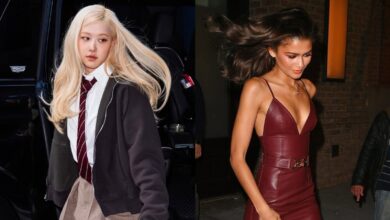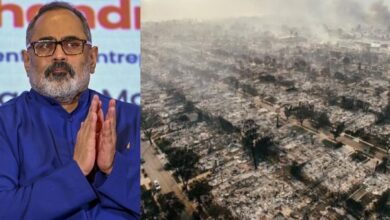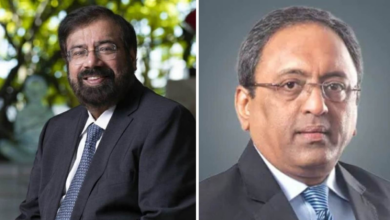Venice Film Festival: 007 is breaking the mold going back to his cinematic roots with Luca Guadagnino’s Queer

“Youth is not a guarantee of innovation” but Daniel Craig’s early presence in film, television and theatres have consently displayed a varied portfolio of genres and moods, defying his own iconic 007 statement. Needless to say, Daniel’s surge in popularity and demand saw an astronomical hike when he entered his James Bond era in 2006 with Casino Royale. The first of 5 Bond titles, Daniel as 007 easily cemented himself as a pop culture indelible, between Casino Royale and his last Bond film, No Time To Die (2021). This undoubtedly aided his journey to unbridled Hollywood glory enabling him to cast his net wider. Not to minimise his legacy, but his studio cred as James Bond remains unbeaten thus far. The Glass Knives franchise though wildly popular for its whodunnit premise and start-spangled ensemble casts, failed to come even metaphorically close to the undying aura of the Bond legacy. Daniel Craig’s filmography receives a major noir update with Luca Guadagnino’s Queer But who was Daniel Craig before he became Bond? His latest passion project, Luca Guadagnino’s Queer, which recently premiered at the 81st Venice International Film Festival also becoming the recipient of a 9-minute standing ovation, holds the answer. Raw, raunchy, conflicted and complicated — the slowed down chaos that Queer represents, is a dead ringer for some bold choices made Daniel in the early years of his then-nascent stardom. Even the most dedicated Bond fans of the actor could have missed these wallflower projects which actually carried a reflection of his willingness to push the boundaries with his choice in scripts. John Mayburry’s Love Is the Devil: Study for a Portrait of Francis Bacon makes for one of the strongest glimpses of this. The Francis Beacon biopic gave a significant amount of air time to the painter’s botched romance with thief George Dyer, seamlessly essayed Daniel. Class and status, addiction and intoxicating love forms the premise of this film, showcasing Daniel’s cinematic leanings in the early years of his career. The same can be said about 2003 Roger Michell film, The Mother. The premise is supremely unorthodox and will in all likelihood challenge your sensibilities when you see an impeccable yet lonely Ann Reid as May, vie for the physical affections of Daniel’s Darren, half her age. But Daniel’s conviction to the script is what sells the noir story hard, for those who aren’t afraid to play spectator to the dark side of cinema. Coming back to the toast of the town, Queer, intentionally or not, is a thorough throwback to the embryonic Daniel’s vision of cinema which intentionally pushes boundaries. He plays a gay American expat in 1950s Mexico City, plagued a heroin addiction, supplemented matter-of-factly sexual escapades, the latter being a prime landscape in the film. If you are in two minds of what a viewing of Queer may hold for you, know that it is akin to seeing a raw Daniel embodying the skill of a seasoned actor. Take the actor’s own words for it: “If I wasn’t in the movie and saw this movie, I’d want to be in it. It’s the kind of film I want to see, I want to make, I want to be out there. They’re challenging but hopefully incredibly accessible”.







